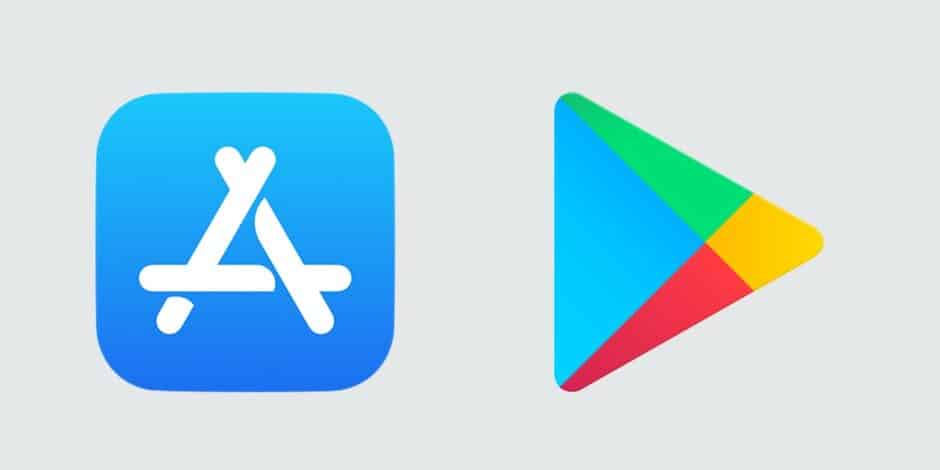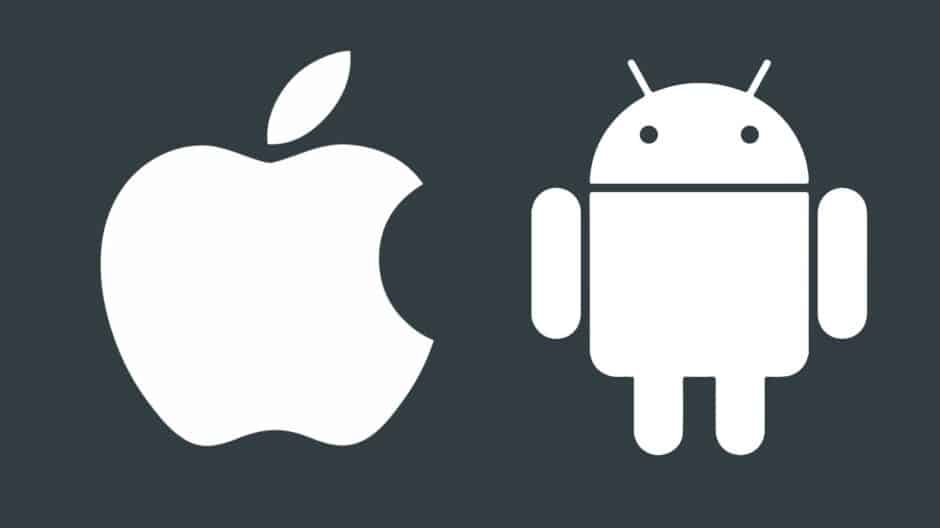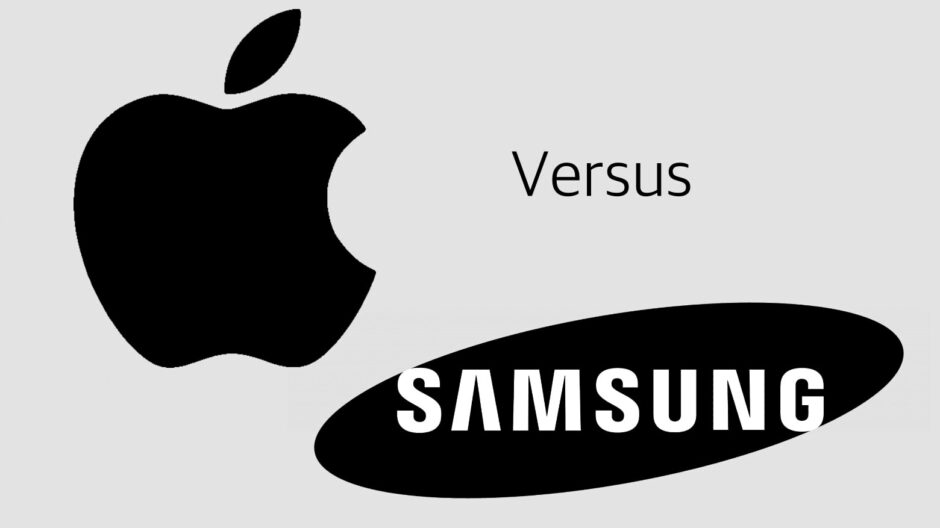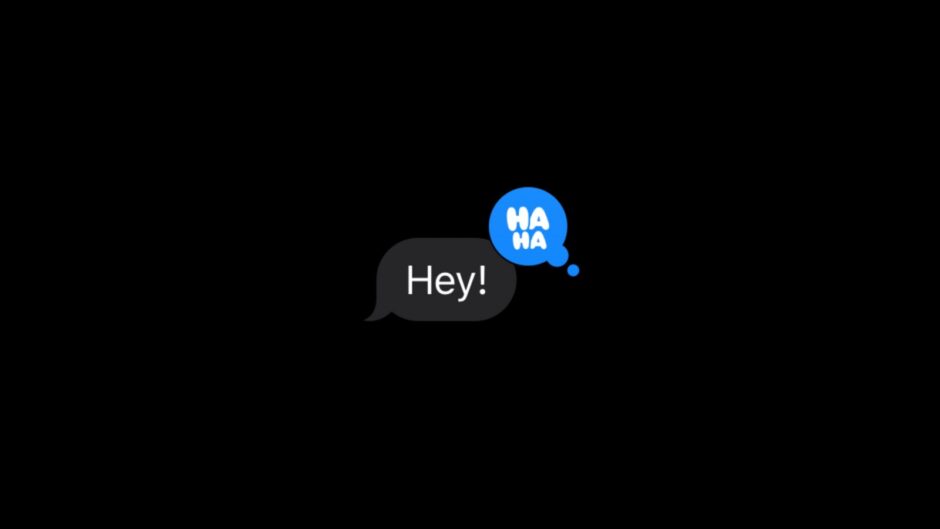
Third-party iPhone apps scored significantly lower than their Android counterparts, according to an analysis of user reviews of 4,400 top mobile apps.
This does not necessarily mean that Android offers better third-party software, though. iPhone users simply expect more from their apps.
“The data shows iOS users are more critical of mobile apps than Android users are,” said David Kravets, senior content marketing manager for unitQ, the company that did the research, in an interview with Cult of Mac.
And after going through nearly 122 million reviews, unitQ analysts say there’s “lots of room for improvement” in mobile software.





